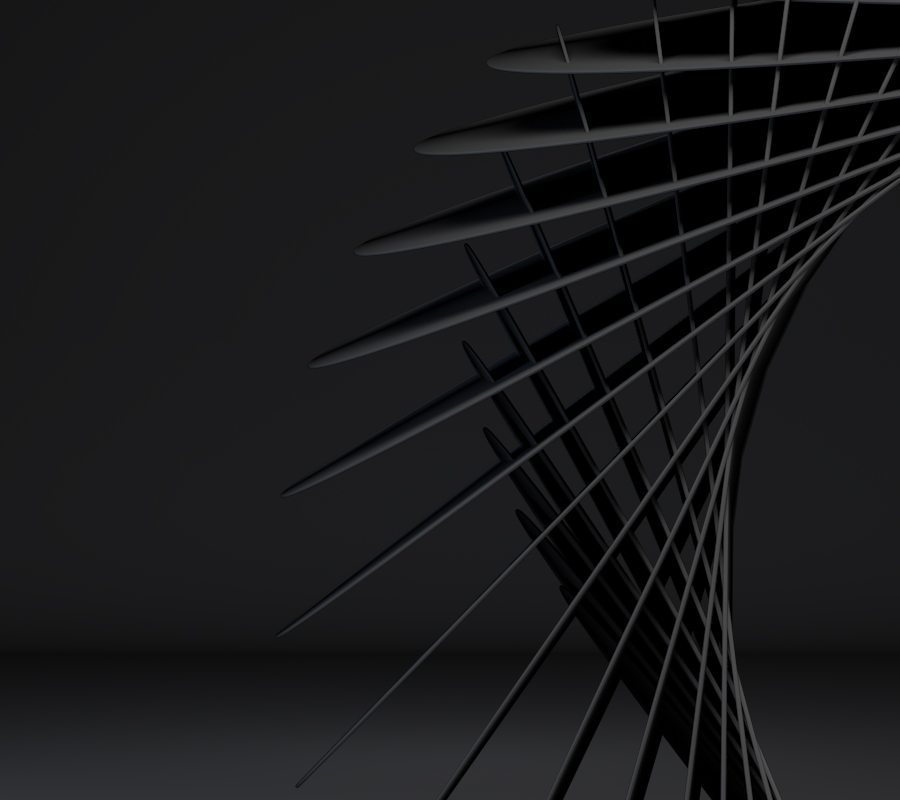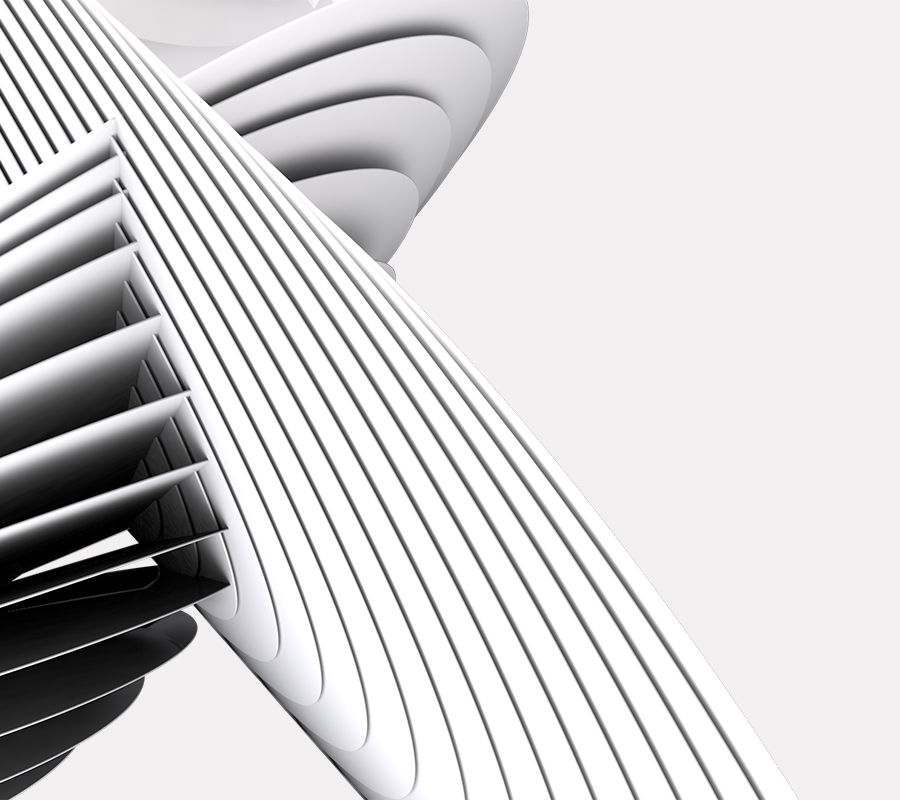Narrow your search
Key facts:
The case involved an application for judicial review of the decisions of three British government agencies, which had declined to investigate or block cotton imports from China’s Xinjiang Uyghur Autonomous Region. The applicant was the World Uyghur Congress (WUC), an NGO that is said to promote the collective interests of the Uyghur people. The WUC sought to challenge decisions by:
- the Border Force within the Home Office;
- HM Revenue and Customs Service (HMRC); and
- the National Crime Agency (NCA).
In April 2020, the WUC had written to the UK authorities, calling for action in relation to cotton originating in the Uyghur Region within the UK’s supply chain, urging them to investigate and block cotton imports from the Uyghur Region. The WUC provided evidence alleging forced labour in the cotton and textile industries. The evidence submitted alleged links to UK companies. The UK authorities concluded that the evidence was insufficient for them to investigate or block cotton imports. The WUC issued an application for judicial review of those decisions, namely that:
- the authorities should have been actively investigating and, as a result, prohibiting the import of cotton goods under the powers available under the Foreign Prison-Made Hoods Act 1897; and
- the NCA should be investigating imports under the Proceeds of Crime Act 2002, on the basis that cotton goods could be criminal property and trading in them could be criminal conduct.
Although the Administrative Court acknowledged that there “are clear and widespread abuses in the cotton industry in the [Uyghur Region], involving human rights violations and exploitations of forced labour” – and that any decision did not seek to undermine evidence of the same, the issue before it was whether the authorities had correctly understood and analysed the legal tools available to them.
The court dismissed the WUC’s application and held that the authorities had not misdirected themselves as to the law or the requirements of the statutes under consideration.
In May 2023, the Court of Appeal gave WUC permission to appeal.
In June 2024, the Court of Appeal gave judgment on the narrow issue of whether the NCA had misdirected itself in law when reaching the decision:
- not to investigate alleged money laundering offences (under part 7 of POCA); and
- not to commence a civil recovery investigation (under part 5 of POCA), in respect of products brought into the UK and monies derived from or connected to their purchase.
The Court of Appeal was satisfied that the NCA had misdirected itself in law. It had also made a fundamental error in treating the exemption from liability under section 329(2)(c) of POCA as if it had an impact on the status of property as criminal property or recoverable property; as a result, the NCA had misunderstood the consequences of the hypothetical presence within a supply chain of an individual who can rely on that exemption. In the judgment, the Court of Appeal held that the NCA had proceeded “on the basis that:
- it was necessary to be able to identify specific criminal property and criminal conduct before there can be a “proper basis” for a POCA investigation, (whether criminal or civil) and moreover; and
- the provision of “adequate consideration” anywhere in the supply chain would prevent any goods imported into the UK from being identified as criminal property or recoverable property. Both those propositions are, and are now accepted to be, wrong as a matter of law.”
Accordingly, the question of whether to carry out an investigation under POCA was remitted to the NCA for reconsideration.
Court of Appeal judgment


























